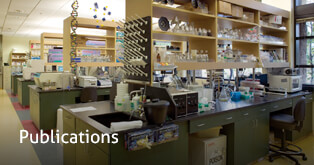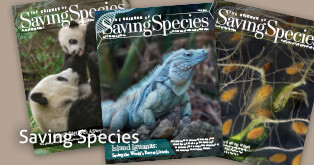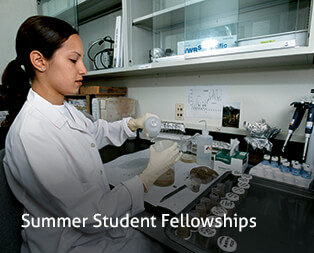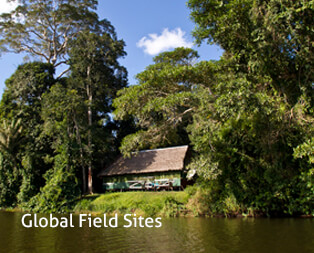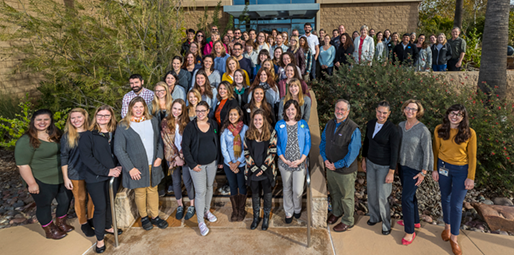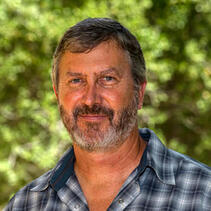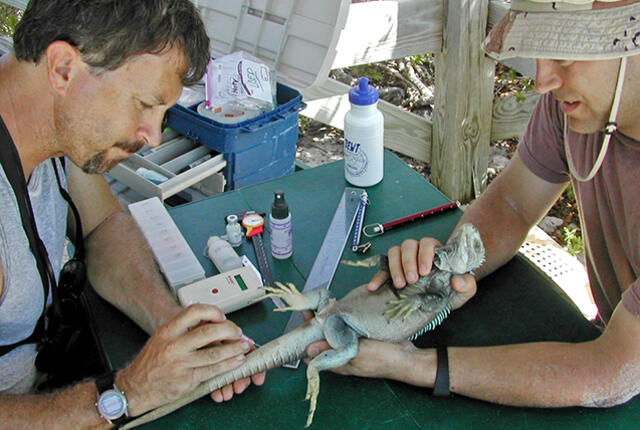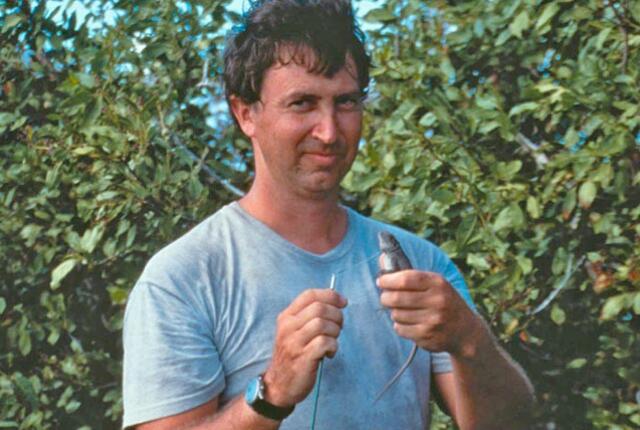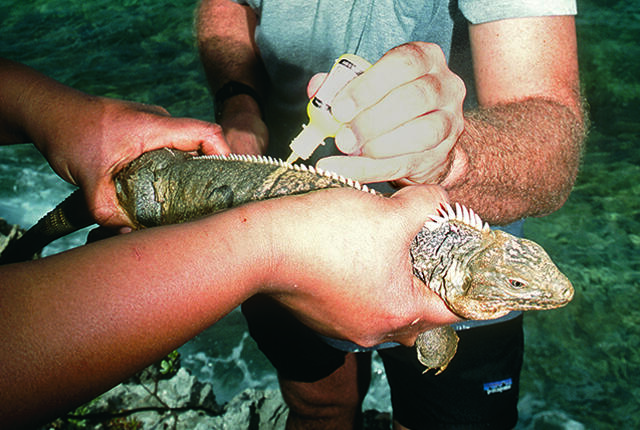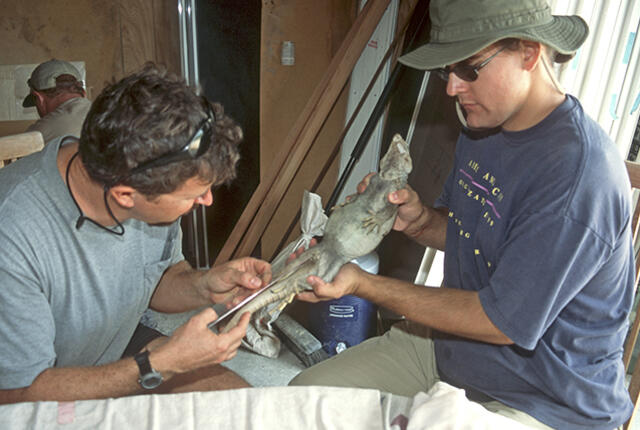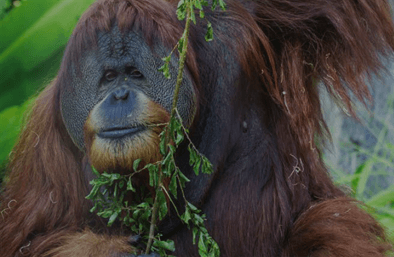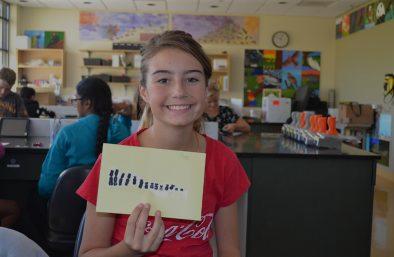Glenn Gerber, Ph.D.
Dr. Glenn Gerber serves San Diego Zoo Wildlife Alliance as a Scientist in Population Sustainability. As Caribbean Program Head, he oversees conservation and research efforts in the Caribbean for a variety of threatened species and maintains a live-aboard research vessel in the Turks and Caicos Islands dedicated to wildlife conservation. His research encompasses a wide range of questions concerning the ecology, behavior, physiology, and genetics of wild populations, all focused on improving conservation efforts.
Glenn’s current work includes conservation efforts for threatened reptile species in the Cayman Islands, British Virgin Islands, Puerto Rico, Dominican Republic, and Turks and Caicos Islands. He oversees recovery programs for Turks and Caicos iguanas and boas that involve a diversity of on-the-ground conservation activities including population monitoring, translocation, and reintroduction.He also provides strategic guidance to partner-led efforts to headstart the critically endangered Anegada iguana.
Glenn is a long-time member of the IUCN Iguana Specialist Group, serving on their Steering Committee from 2000-present and as a Co-Chair from 2008-2012, and is Founder and Chair of the Caribbean Wildlife Foundation, an organization dedicated to the preservation of biodiversity in the wider Caribbean region. He frequently mentors graduate students studying Caribbean reptiles, and serves as adjunct faculty at the University of Texas, Arlington, and Mississippi State University.
Glenn earned his bachelor’s degree in Neurobiology and Behavior from Cornell University, his master’s degree in Aquatic Ecology from the State University of New York College at Brockport, and his doctorate in Ecology and Evolutionary Biology from the University of Tennessee, Knoxville. Before joining SDZWA's permanent Science staff he spent five years as a Conservation Research Postdoctoral Fellow. Honors for his work include a Fulbright Award from the U.S. Department of State, a National Heritage Award from the National Trust for the Cayman Islands, and a Conservation Award from the Turks and Caicos National Trust.

